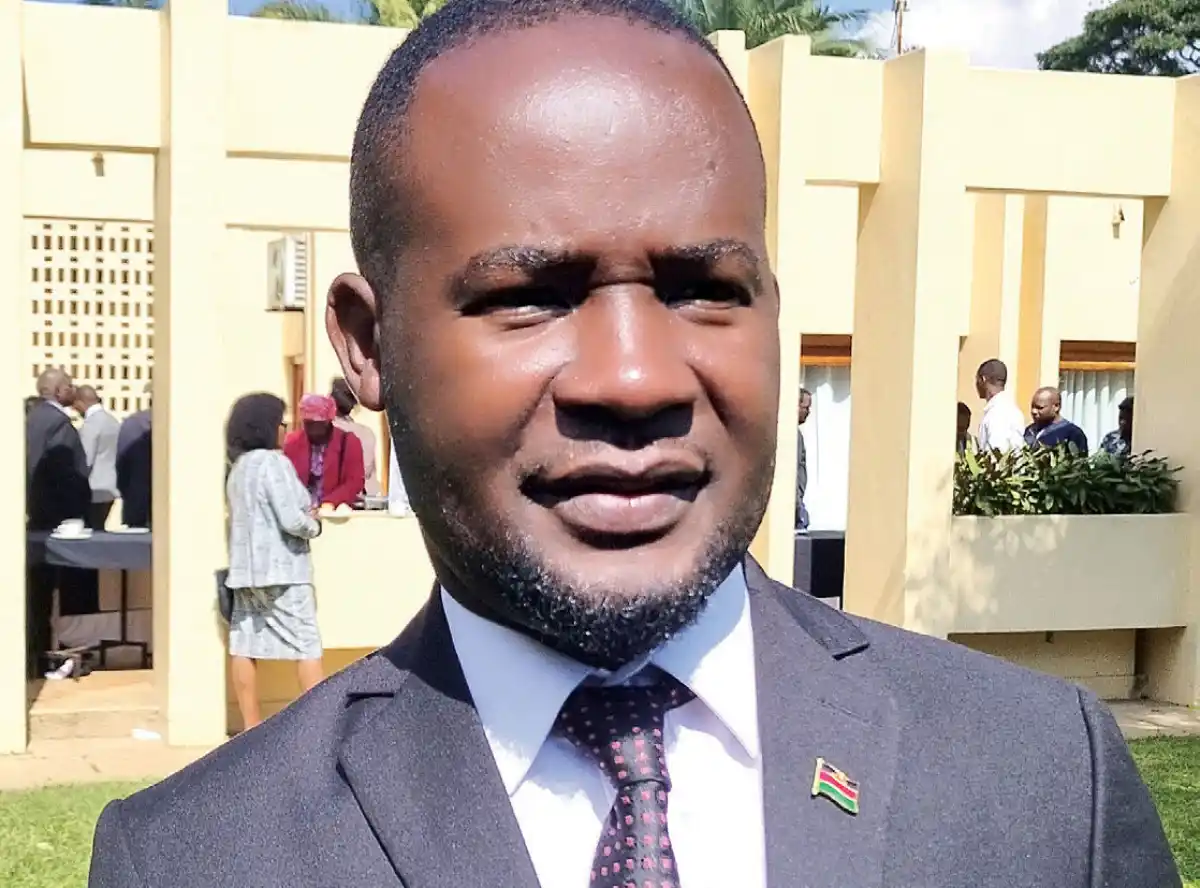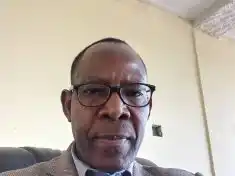
The World Bank has said Malawi needs to learn from experience regarding the implementation of Special Economic Zones (SEZs).
But Trade Minister Sosten Gwengwe Monday said SEZs have proven to be a game changer in most countries, including those in the West.
In its latest Malawi Economic Monitor, the bank says while SEZs can be a useful tool for policy experimentation and concentrating expensive infrastructure in strategic areas, the international experience shows that they require significant public investment and often reduce tax revenue.
According to the Breton Woods institution, SEZs may also fail to attract firms or investors that would not have established operations in the country without them.
The bank notes that Malawi’s disappointing experience with SEZs in the 1990s was consistent with that of many other developing economies and underscores the extent to which the success or failure of SEZs hinges on their design and implementation.
“Malawi’s first SEZs, known as Export Processing Zones, were established in 1993 as part of a wide-ranging effort at trade liberalisation. Offering exemptions from constraints on capital mobility, import restrictions and policies favouring “indigenous” Malawian entrepreneurs, these SEZs attracted about 40 firms.
“However, broader economic challenges undermined the initiative, and by 2023 the number of firms had fallen to 15,” it says.
According to the bank, the international experience with SEZs is mixed, saying on average, they tend to exhibit the same economic trajectory as the countries in which they are located.
“Incentive packages, relaxed ownership rules, tax breaks and other ostensible advantages enjoyed by SEZ firms tend to have at best a marginal impact on their performance. SEZs appear to be most successful when they address a specific market failure that cannot be alleviated nationwide,” the MEM reads.
However, Gwengwe told The Daily Times that SEZs failed in the 90s because Malawi had no legislation to govern industrial parks. According to Gwengwe, the United Nations Development Programme is organising a study tour to Ethiopia, specifically for SEZs.





0 Comments